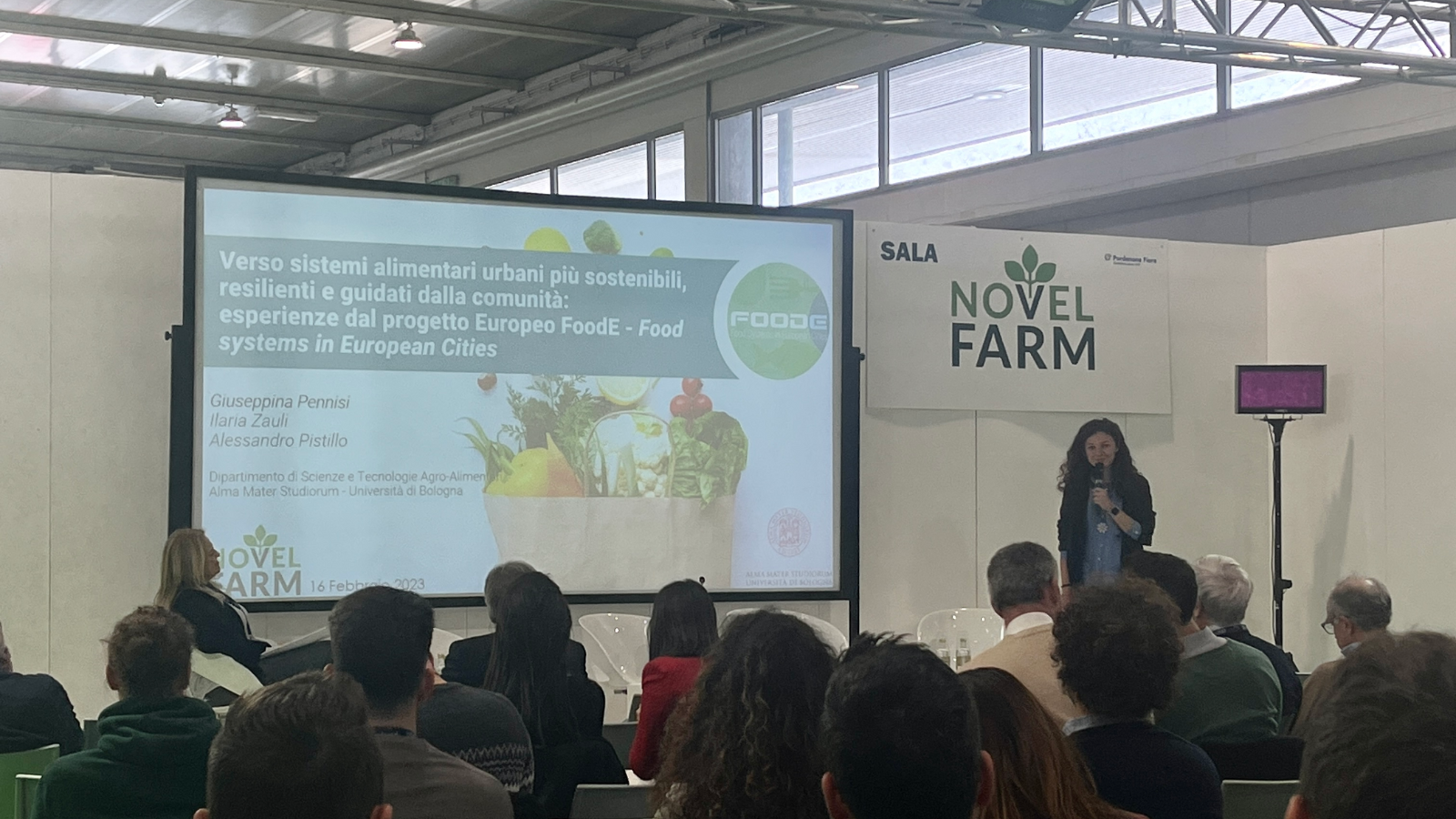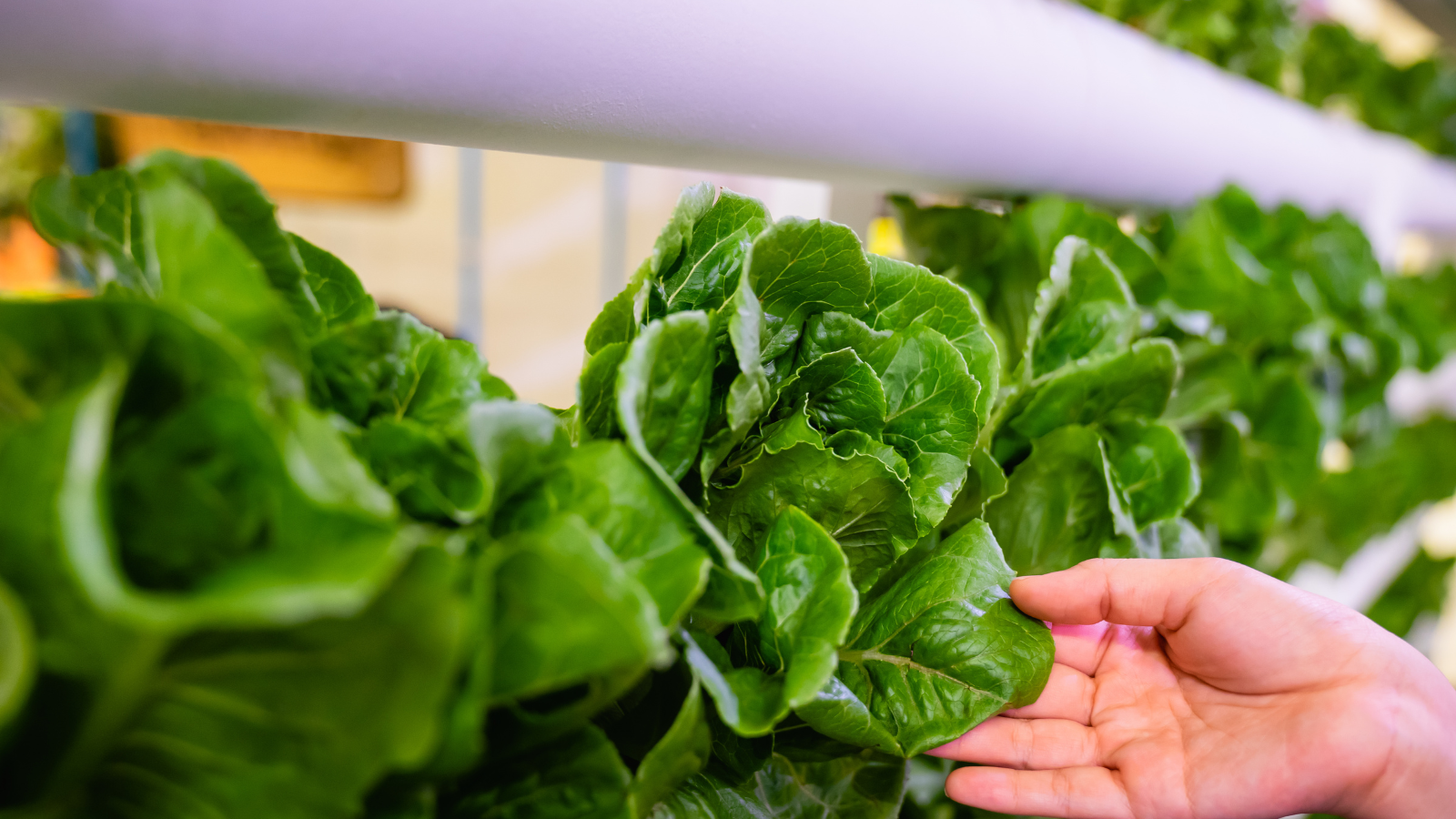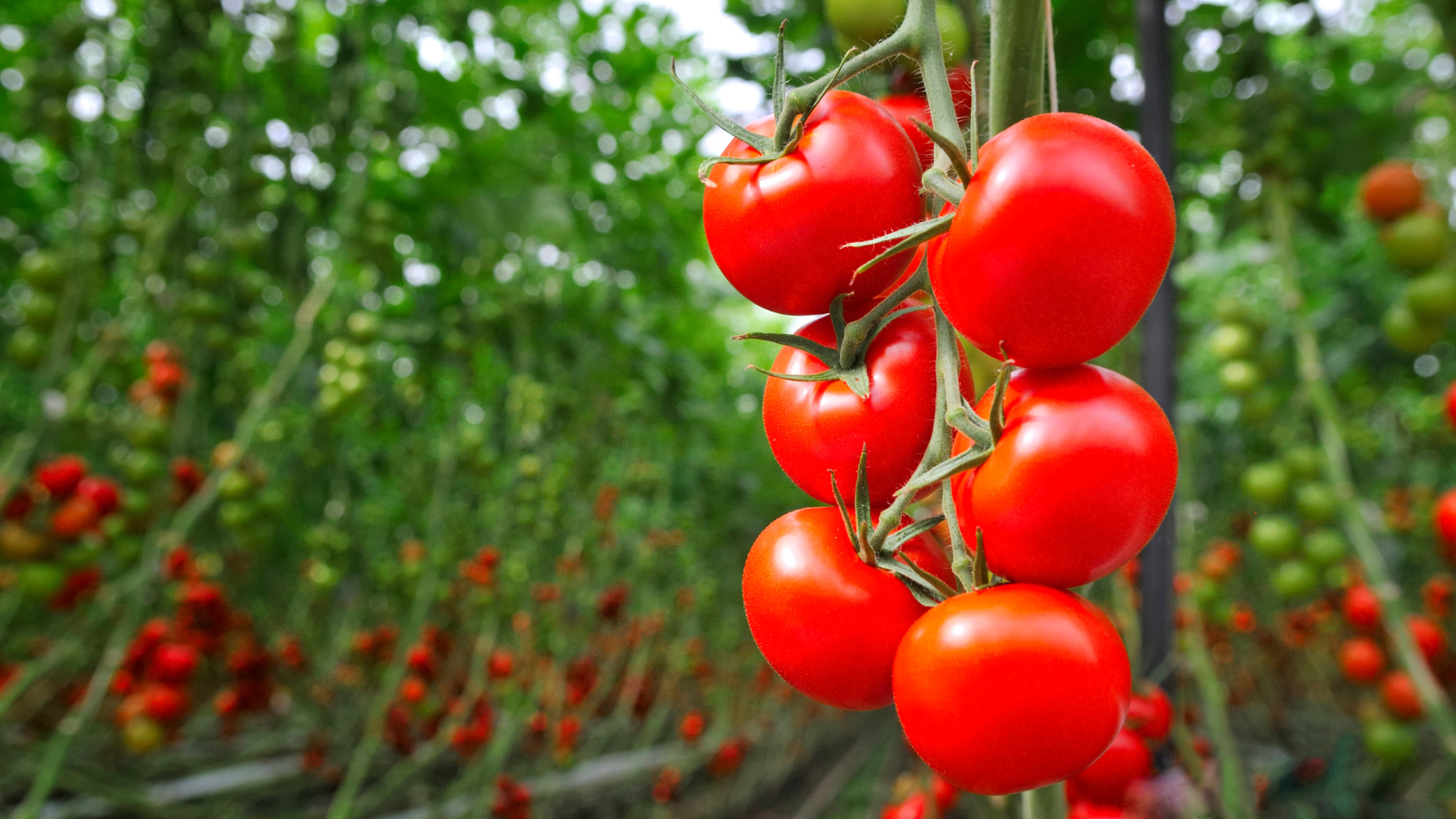Sustainable food systems are at the heart of EU Green Deal. With the publication of the Farm to Fork Strategy on 20 May 2020, the Commission took the first step towards a new, sustainability-focused EU agri-food policy. A strategy that also creates new opportunities for local food initiatives.
The Farm to Fork Strategy aims to streamline sustainability along the whole agri-food value chain – production, processing, consumption, waste – recognising the link between the health of people, societies and the planet. At the same time, consumers are increasingly paying attention to the environmental, health, social and ethical implications of food production and consumption, and want to feel ‘closer’ to the products they buy.
Local food initiatives want to improve the connection between producers and consumers while promoting locally produced products. The European Commission intends to strengthen the rules on Geographical Indications (GIs) by including sustainability criteria. New criteria will enhance the quality, history and distinctive features of local food products. City/Regions Food Systems also promote resilient and self-sufficient supply chains, to meet consumers’ increasing demand for locally sourced and fresh products. Learning from the challenges posed by the COVID pandemic, the Commission will work towards shorter supply chains by reducing dependence on long-distance transportation of primary ingredients (e.g. agricultural, forestry and fishery products).
On the consumption side, the Strategy will promote sustainable food products via, among others, public catering. An example is sustainable food procurement, for which the Commission intends to establish minimum mandatory criteria. Such measure would require public authorities to comply with specific requirements when sourcing food for schools, hospitals and other public institutions. This would provide the opportunity to further promote local food products given their health and sustainability benefits.
The EU school scheme – supporting the distribution of fruit, vegetables, milk and certain milk products to schools of all grades across the EU – will also be revised. It will aim to promote and educate school children on sustainable and healthy food. This is in line with FoodE’s ambition to improve young people’s understanding of local food systems by, among others, setting up initiatives in schools throughout Europe to sensitise students on the benefits of local Food Systems.
The transition towards more sustainable food systems depends on investments in research and innovation. The Commission will launch an additional call for proposal within Horizon2020 on the Green Deal priorities. It further proposed a 10 billion budget for the agri-food dedicated area under the upcoming funding programme Horizon Europe, to kick-start in 2021. Local food systems are clearly listed among the key areas of research for the allocation of funds.
In conclusion, the Farm to Fork Strategy paves the way towards the development of strong and resilient local food systems. FoodE’s ‘Think Global, Act Local’ mindset is in line with EU policy and research ambitions, and will provide solutions to tighten the bond between urban consumers and local producers, which is the foundation of future sustainable EU agri-food systems.





